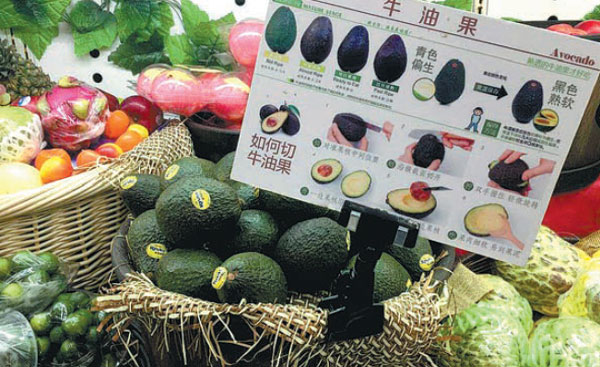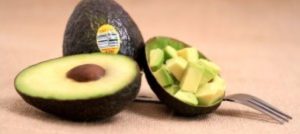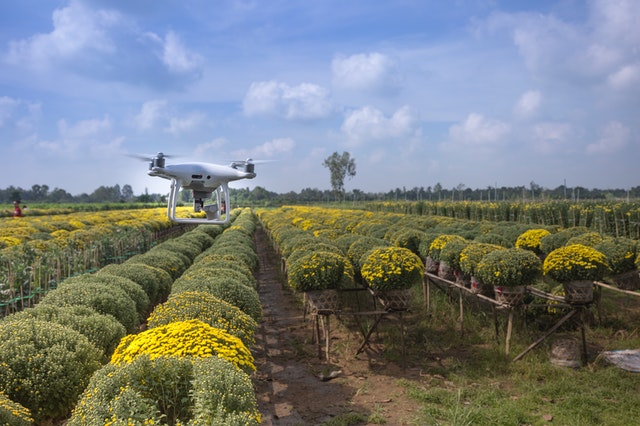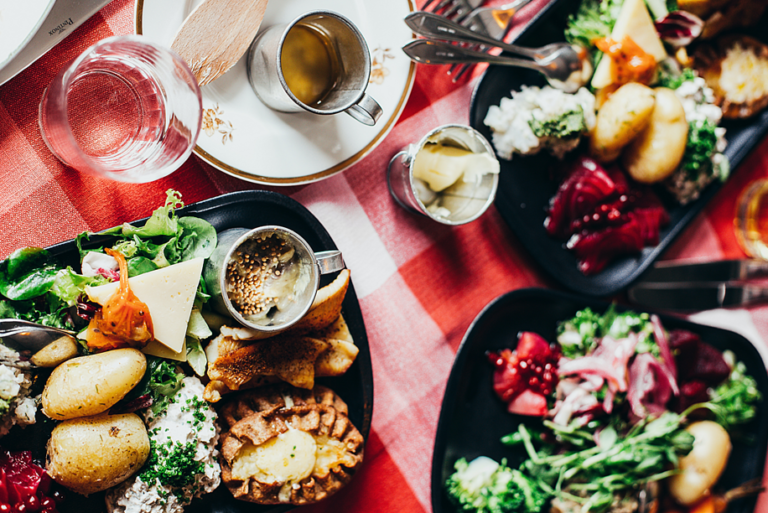The avocado, also called ‘alligator pear’, is a fruit from Mexico and Central America. Avocado in China is called Niu you Guo, literally “butter fruit” for its taste. This nutritious fruit qualifies as a “superfood,” which means that it is a food thought to be nutritionally dense and good for health.
Residents of Western countries are avocado-crazy. There are currently more than 3 million photos of avocados on Instagram. The avocado in China, though, is less well known. Since the early 1990s to 2012, avocados were mainly sold in Guangzhou, Beijing, and Shanghai through the hotel trade. After 2012, the fruit has grown popular in first-tier cities, but is the Chinese market going to fall in love with avocados as deeply as the West has?
Why the Avocado in China Market will Grow?
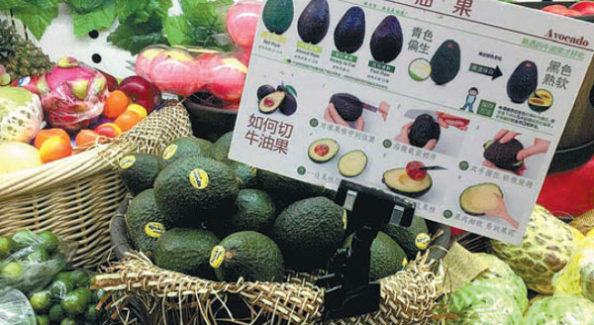 Figures about the avocado market in China speak for themselves. Chinese people’s consumption of avocados has jumped 127-fold between 2010 and 2014. Avocado imports grew by 376% in 2014. In only the first quarter of 2015, Chinese companies imported 486% more avocados from Mexico than in the same period of 2014. Thus, avocado distributors are reasonably optimistic about this market growth. Jim Provost, vice president of the first distributor of imported avocados in China Lantao International, predicted that “the demand for avocados will continue to increase and it will reach double-digit growth rates in the next two years.”
Figures about the avocado market in China speak for themselves. Chinese people’s consumption of avocados has jumped 127-fold between 2010 and 2014. Avocado imports grew by 376% in 2014. In only the first quarter of 2015, Chinese companies imported 486% more avocados from Mexico than in the same period of 2014. Thus, avocado distributors are reasonably optimistic about this market growth. Jim Provost, vice president of the first distributor of imported avocados in China Lantao International, predicted that “the demand for avocados will continue to increase and it will reach double-digit growth rates in the next two years.”
The Chinese avocado market raises its attractiveness. Imports were the preserve of Mexico and Chile before June 2015, when Peru obtained the license to export its avocados in China. The first-ever shipment of Peruvian fresh avocados to China arrived in mid-September 2015 at the port of Shanghai. More recently, New Zealand showed its willingness to join the list of approved exporters. “China as a market is very important to New Zealand avocados as we increase productivity and volumes. We do not yet have phytosanitary access to China, but wish to understand the market and build relationships for the future,” said NZ Avocado chief executive Jen Scoular.
Chinese people now research health benefits in the food market. According to Nielsen’s recent Chinese Consumer Confidence Index, health exceeded income to become the top concern of Chinese urban consumers. More and more Chinese are ready to pay more for food with healthy attributes in order to keep fit, as the awareness of health risks. Distributors promote avocado as a very nutritious fruit, containing healthy unsaturated fats, proteins, vitamins, minerals, and other elements. Supermarkets and local importers make efforts to educate Chinese consumers through tastings and giveaways, so they know how to tell it is ripe, how to peel and best serve it. Hence, the demand for avocado is rising in China. People like eating it with soy sauce, with noodles, in desserts, or in smoothies. Consumers talk about the fruit on social networks and share their recipes. Restaurants are also adding avocado to their menus.
The avocado trend has first reached the US and Australia in 2015, with Australian McDonald’s offering avocado toast on its Gourmet Breakfast menu. The avocado then met success in Japan. Ron Araiza, Vice President of Sales for Mission Produce explains that China has a similar environment for fruit as Japanese consumers have. In both countries, it is common to give fruits as gifts and eating fruit for health. Given the success of avocados in Japan, importers see strong growth opportunity in the Chinese market.
Reasons to Doubt the Lasting Success of Avocado in China
The main selling point of the avocado in China is its nutritional value, but many of the Chinese consumers know relatively little about avocados. One of the drawbacks is that the fruit’s flavor is neither sweet nor sour. Because of this, avocados are less popular than other tropical and subtropical products such as mango and durian. Some Chinese share their experiences on social networks saying, “It has not real taste.” Others are more radical, qualifying avocados as “the fruit they dislike the most.” Avocados have far from unanimous support among Chinese people.
Avocado is called a ‘superfood’, but is it as healthy as people say? Avocados are undeniably nutritious: they contain vitamins E and B, potassium, fiber and some proteins. However, an avocado is quite high in calories for a fruit, because of its high fat content – even though the fat in avocados is supposed to lower cholesterol. An avocado contains 250 calories in average, and adding a half avocado to a smoothie adds about 140 calories. Yet Chinese consumers’ goal is to keep the line, given that about 45% of the Chinese respondents consider themselves overweight. Avocados may not be the miracle product that will help Chinese people to reach their goal.
Another drawback of avocados is their environmental impact. In Mexico, the first producer of avocados worldwide, the cultivation of avocados may be indirectly fuelling illegal deforestation and environmental degradation. It is now more profitable for farmers to grow avocado than other crops, so farmers thin out pine forests to plant avocado trees instead. Avocado is also high water consuming: the plants need 272 liters to grow about half a kilogram of avocados. Growing this fruit puts pressure on local water reserves and this is an issue the Chinese may have to face. In fact, they are beginning to explore cultivation of avocados on their own in several provinces of south and southwest and this can worsen the water scarcity issue in China. In addition, if either the Mexican or Chinese governments begin to crack down on the avocado industry because of its environmental impact, this will constrict the supply of avocados and thus cause the price of avocados to rise worldwide.
Whether the avocado is a passing fad or not, the Chinese avocado market offers real opportunities to producers and distributors, and the demand in China is expected to increase steadily in future.
Stay Up t0 Date. Follow us on Twitter:
New #market #opportunity for #detoxdrink in #China. All the Facts at https://t.co/pL6oeJHQfm #marketresearch pic.twitter.com/w9fP395fZA
— Daxue Consulting (@DaxueConsulting) July 15, 2016


